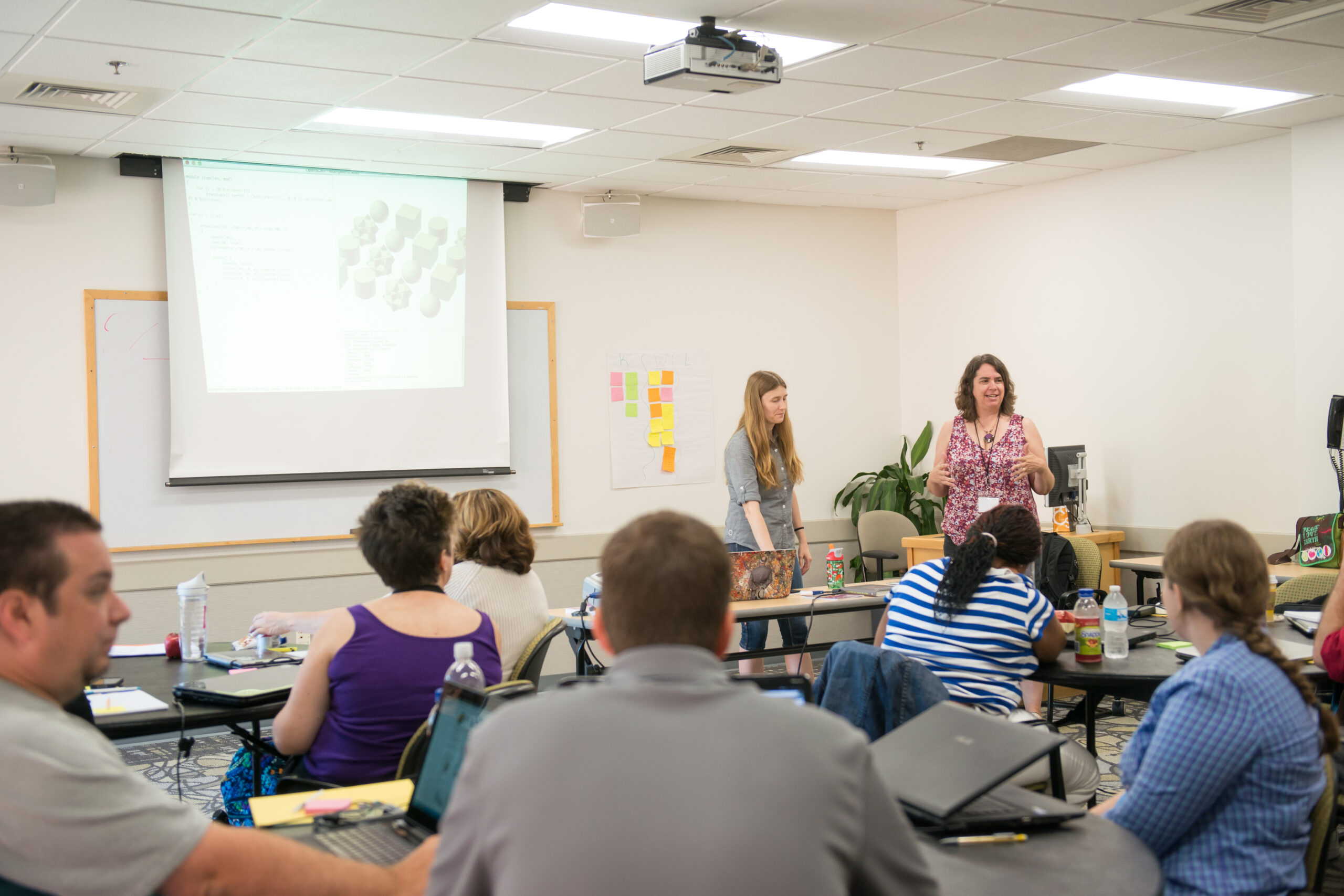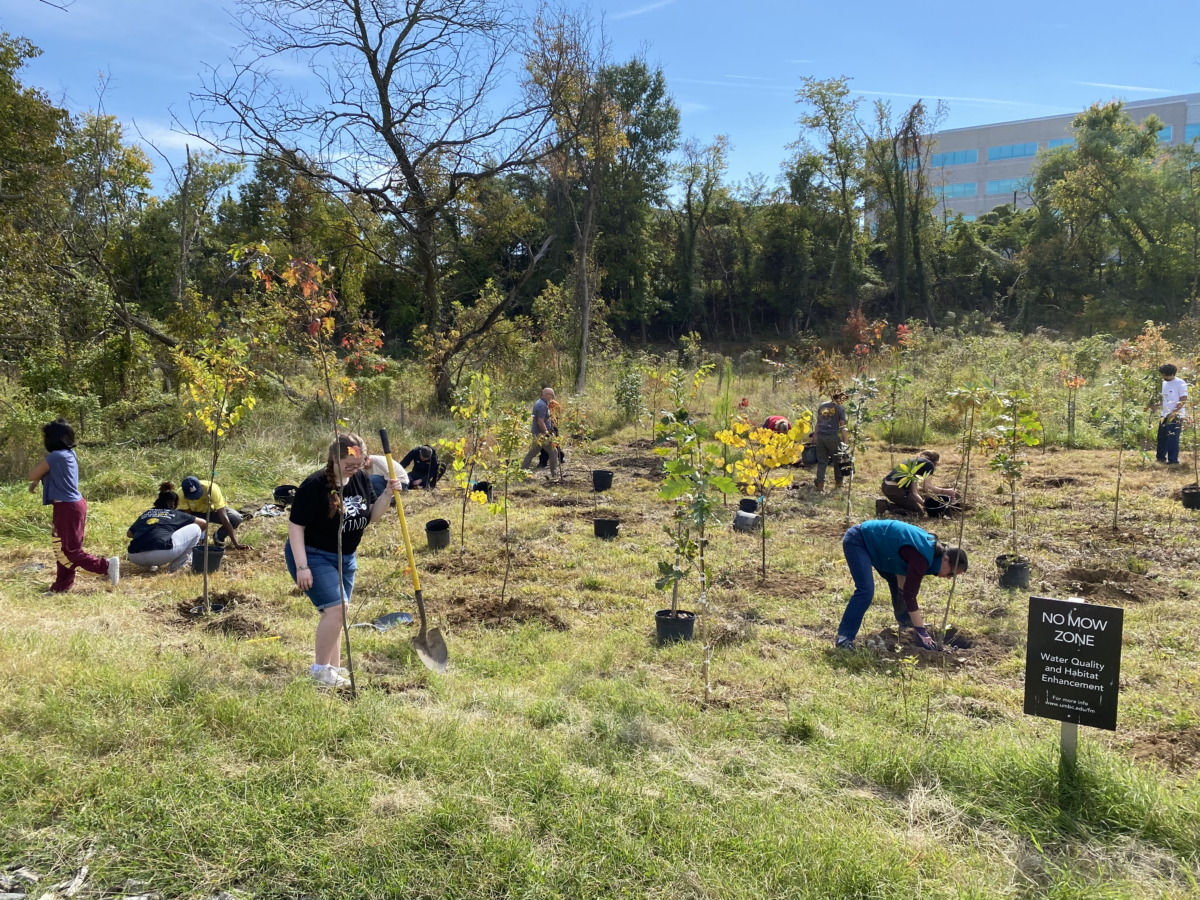Artificial intelligence (AI) can bridge the gap between computer scientists and other fields, including education and medicine, explains Marie desJardins, associate dean in the College of Engineering and Information Technology and professor of computer science, in a new in-depth interview in TechRepublic.
“The thing about computer science in general and AI in particular is that it’s really a very interdisciplinary field inherently, because there’s a very small number of people who are computer scientists who only work on theoretical computer science,” says desJardins, adding “whatever fields you’re interested in, you could do that in computer science.”
In the article, desJardins shares how she became interested in AI as an undergraduate student at Harvard, as well as her path in computer science and her predictions for where AI is headed.
Frustrated at the media’s focus on unlikely, attention-grabbing scenarios, like “killer robots taking over the world,” desJardins addresses more probable, real-world concerns with AI. She particularly emphasises that it is important that society makes sure technical advances benefit everybody, not just a few elites, saying “you’re really trying to have human beings work in partnership with the computer to solve some problems.”
She notes that the some of the challenges industry faces in making advances toward solving these problems could be addressed by increasing the diversity of perspectives among AI professionals. “We need more people who can break those gaps. I think that’s partly a generational issue that we’re seeing more and more students come though who are majoring in all different things, but who are taking classes in computer science and technology,” desJardins explains.
“We need to think about what do we want people to be doing that still continues to make the world a better place,” says desJardins.
She also spoke about “swarm,” a type of crowdsourcing, can help predict things such as who will win an Academy Award this year, in a separate article in TechRepublic. “Instead of each user voting just once, independently of the other voters, it basically lets the entire community of users ‘see’ what everybody else is advocating for,” desJardins said.
This type of algorithm works because if a person sees that their first choice is not going to win, they can start advocating for their second choice, she explained.
Read the full article, “Q&A: Former AAAI chair discusses future of AI research and what’s coming up at AAAI next month,” on TechRepublic. The full article about AI to predict the Academy Award winners, is also on TechRepublic.




